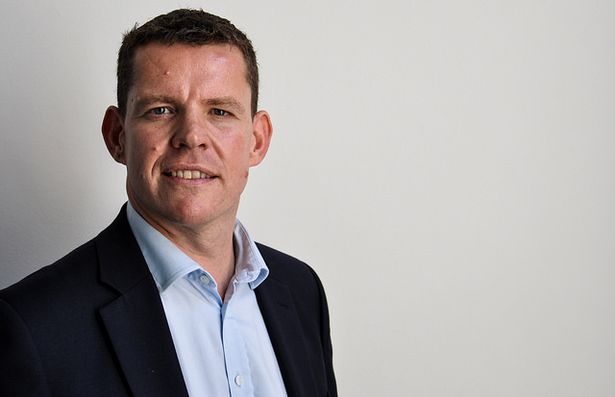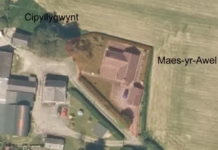Two members of staff at Swansea University Medical School are part of a new collaborative study related to Covid-19 which has just won funding support.
They are looking in to the best way for ambulance services to deal with suspected Covid-19 999 calls and are hoping to identify best practice to help improve outcomes for patients and staff in the future.
The number of emergency ambulance calls related to Covid-19 increased enormously at points during the coronavirus pandemic – the dilemma for call handlers is that if every patient ended up being taken to hospital, Emergency Department and inpatient services would be completely overwhelmed but if the wrong patients are left at home, consequences could be catastrophic.
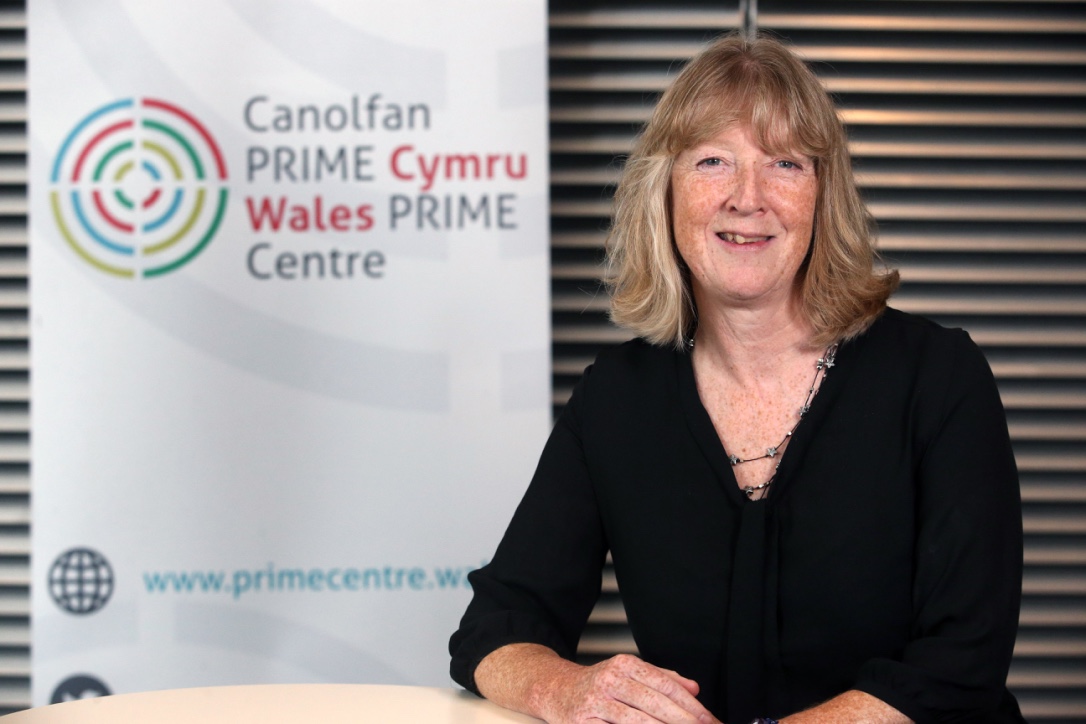
The study entitled What TRIage model is safest and most effective for the Management of 999 callers with suspected COVID-19 or TRIM, is being led by Professor Alan Watkins, Professor for e-trials Research and his colleague Helen Snooks of Swansea University Medical School.
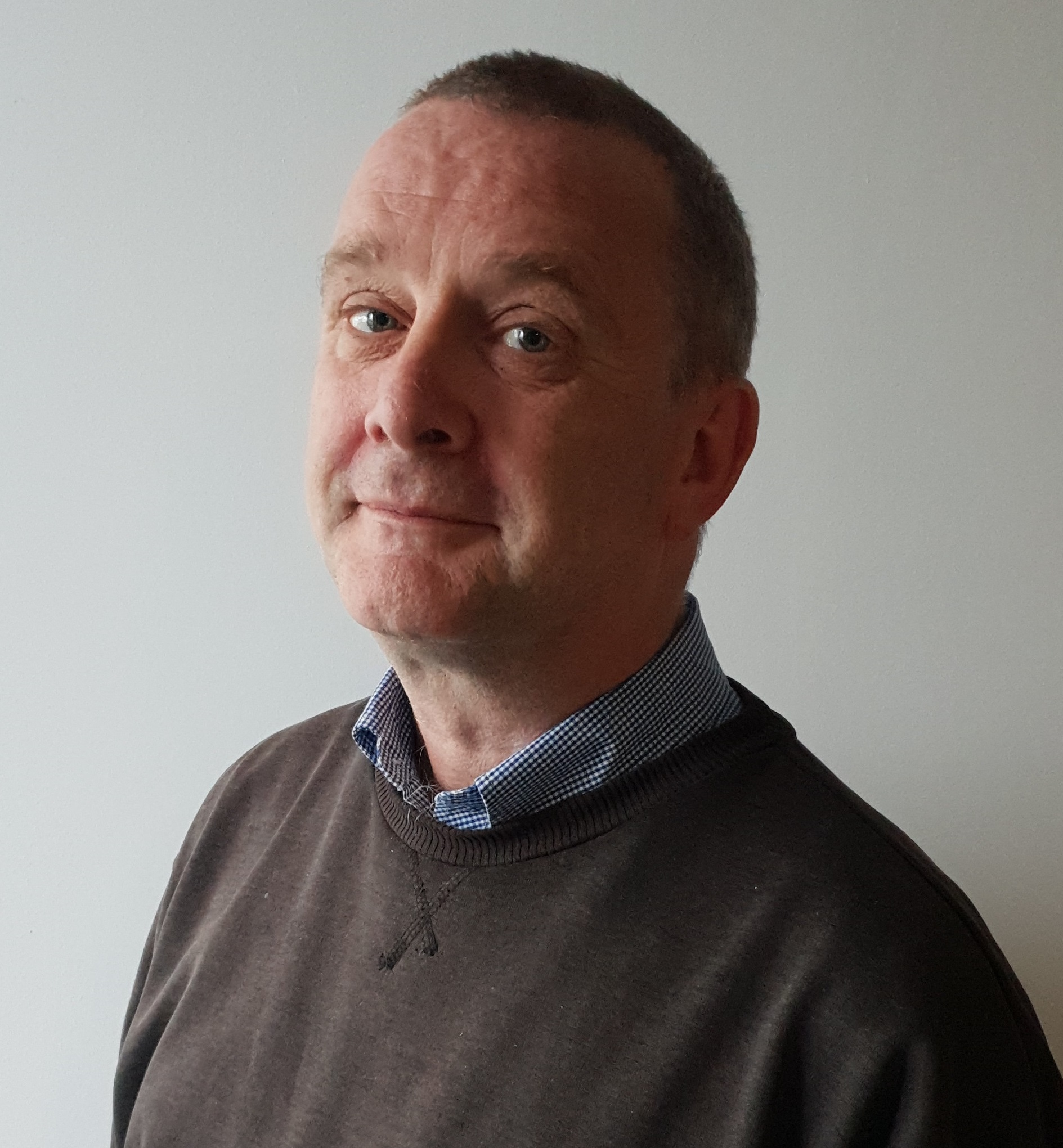
Professor Snooks is the Swansea lead for PRIME Centre Wales, which undertakes research on primary and emergency care to help improve health and wellbeing in Wales and internationally. She believes the study will strengthen existing research links between PRIME and the UK’s ambulance services.
She said: “When a 999 call is received, if the right patients are not sent an ambulance or are left at home, they could suffer harm or even death. But every patient cannot be taken to hospital or services would simply be unable to cope.
“We know different ambulance services use different models to sort out – or triage – callers, but little is known about which triage model works most safely and effectively during a pandemic. This is what we want to find out.”
Professor Watkins explained the study will examine the triage models used in both call centres and on the scene in England, Scotland Wales during the 2020 pandemic.
He said: “As well as retrieving the outcomes for patients we will also interview NHS staff so we can better understand their experiences and concerns.
“We aim to deliver our findings as quickly as possible to help implement the best possible model for sorting and treating 999 callers with suspected COVID-19 symptoms.”
The study has been awarded more than £350,000 of funding from UKRI-DHSC COVID-19 rapid response rolling callwhich supports timely research which has a public health impact.
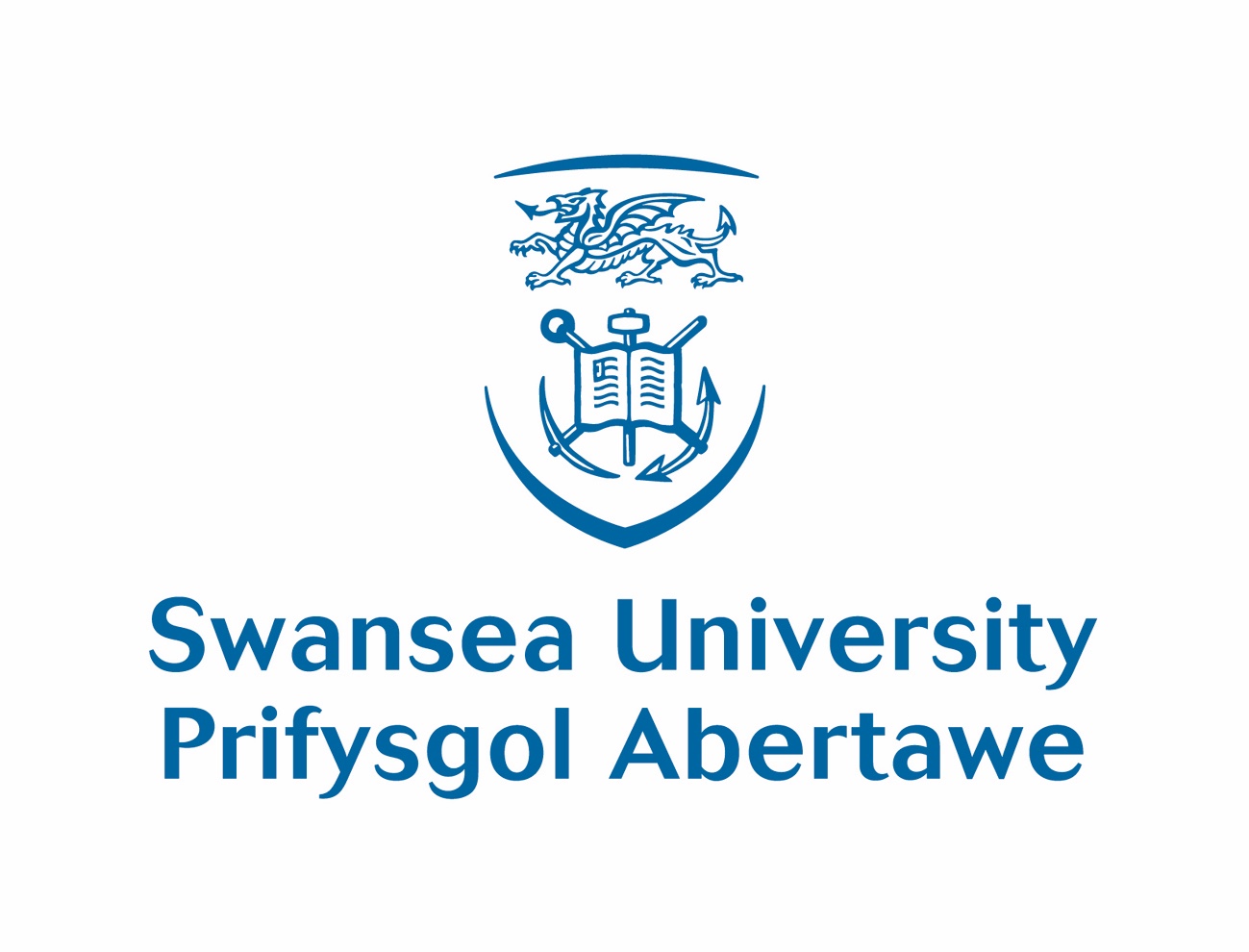

| [donate]
| Help keep news FREE for our readersSupporting your local community newspaper/online news outlet is crucial now more than ever. If you believe in independent journalism,then consider making a valuable contribution by making a one-time or monthly donation. We operate in rural areas where providing unbiased news can be challenging. |





